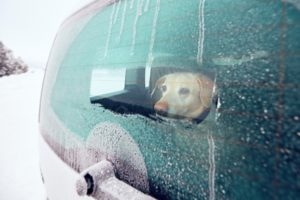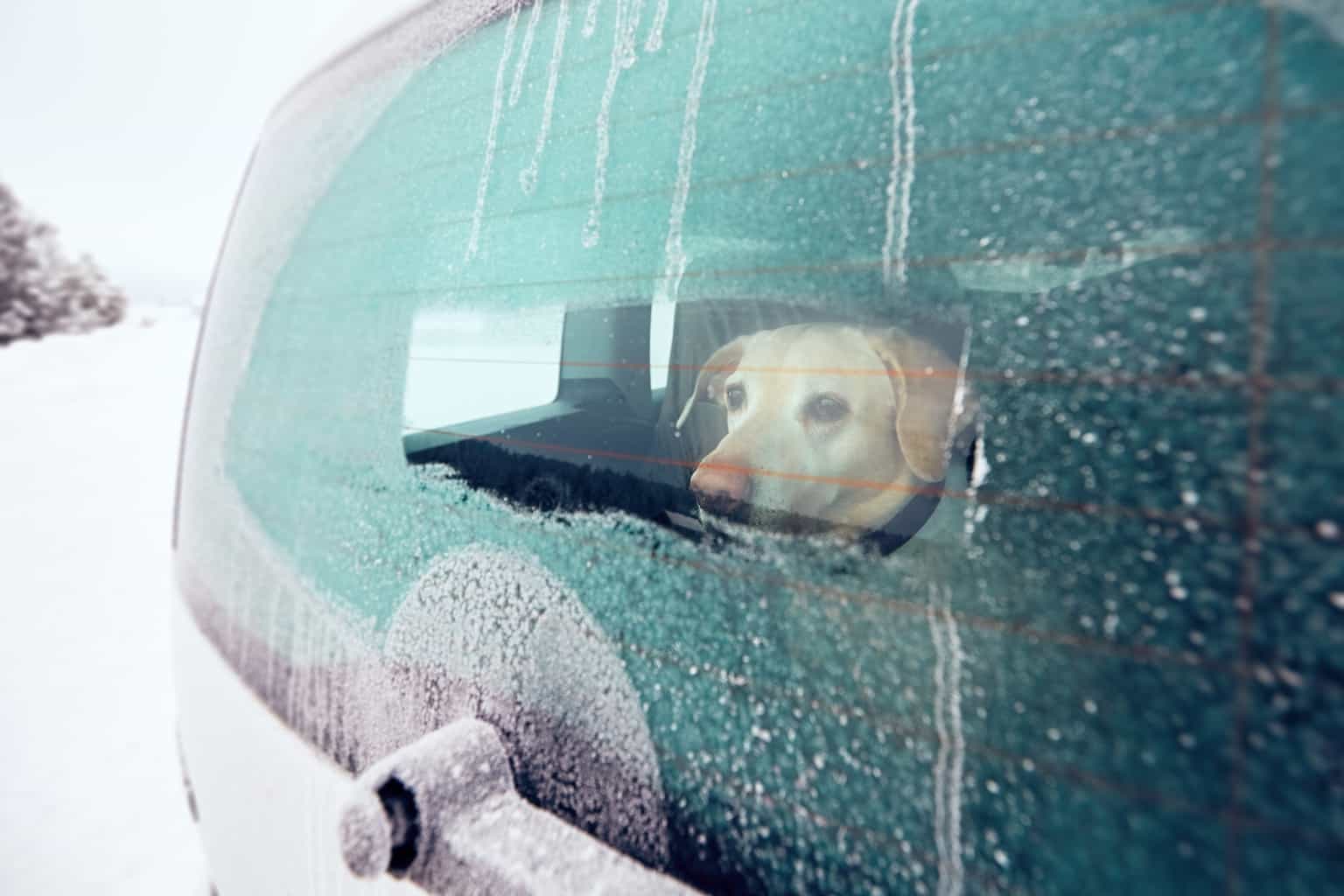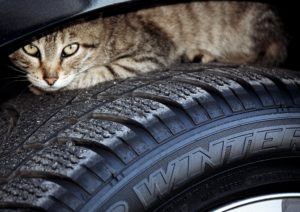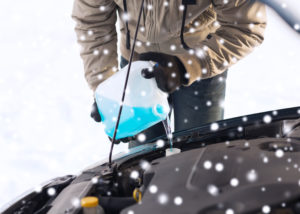By Helen Ravenel Hammond
With winter upon us, it’s important to remember some common sense tips to help keep pet safe during cold weather
- Tap Twice before you crank your car.

According to Dr. Teresa M. Rieser of Veterinary Specialty Care, one of the most common winter perils occurs when cats climb up into the warm engine compartments of parked vehicles to sleep. When the unsuspecting driver starts the vehicle, these cats can be caught in the fanbelt and severe trauma occurs.
“It is not unusual for ‘fanbelt kitties’ to have degloving injuries (where the skin is torn away from the underlying muscle), fractures and burns,” said Rieser. “The easiest way to avoid this type of injury is to bang on your car hood or to honk the horn before starting your vehicle. This will hopefully startle the cat and they will leave the engine before it is started.”
“Cats are masters of hiding,” says Dr. Ryan Gipe of Oceanside Veterinary Clinic, warning folks to not only check under the hood but around their garages as well.

- Don’t leave pets alone in a car. During cold weather, cars can act as refrigerators that holdin the cold and cause animals to freeze to death.
Also, just like humans, don’t leave a pet in a running car in your garage. Carbon Monoxide Poisoning from exhaust pipes is dangerous and deadly.
“A dog left in an enclosed garage with a running automobile can be exposed to toxic levels of carbon monoxide in about ten minutes,” warns Dr. Gipe.
- Clean up that antifreeze!

Antifreeze is toxic to both dogs and cats (and humans) when ingested. The first stage of
ingestion makes the animal appear drunk. Once the animal enters the second stage of ingestion, their kidneys begin to shut down, according to Dr. Rieser.
“Untreated, this toxic ingestion is often fatal and time is of the essence when antifreeze has been ingested,” said Rieser. “There are tests that can be run to look for antifreeze ingestion and there are treatments that can be used to counteract the toxin if the animal is treated soon enough. Once the animal is in renal failure, the prognosis becomes poor and treatment options become very limited.”
The best way to treat antifreeze poisoning is to avoid it altogether by cleaning up any spilled antifreeze and storing antifreeze safely out of the reach of animals (and small children). If an animal ingests antifreeze, they should be taken to a veterinarian for treatment immediately.







